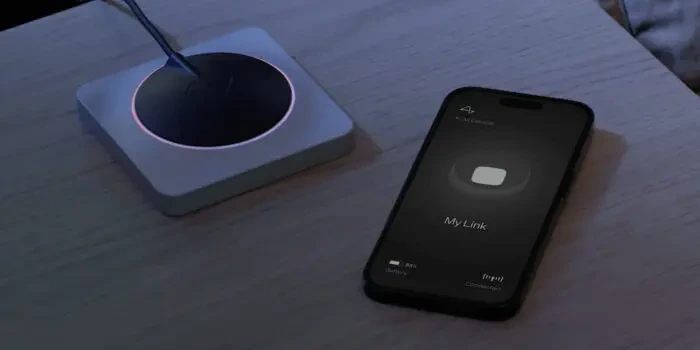Neuralink Receives First Clinical Trial Approval Outside the U.S.
Elon Musk’s brain science startup Neuralink has received approval for a clinical trial of its brain implant device in Canada. Neuralink has been developing a technology that allows individuals who are paralyzed or suffering from physical injuries to control devices with just their thoughts. The clinical trial is set to take place at Toronto Western Hospital, affiliated with the University Health Network (UHN), marking the first clinical trial of Neuralink's technology outside of the U.S. This is seen as a significant step toward global clinical trials.
Neuralink’s ultimate goal is not just to connect the brain and computers, but to revolutionize the lives of patients suffering from various neurological conditions, offering them a new sense of hope. The technology is poised to make a profound impact on the field of neuroscience.

Neuralink's Brain Chip Technology Offers Hope to Paralyzed Patients
1. Development of Neuralink's Technology and Successful Implantation
Neuralink has been at the forefront of developing brain implant technologies, and its brain-computer interface holds the potential to help patients with paralysis or ALS (Amyotrophic Lateral Sclerosis) regain control of their bodies and devices. In January 2024, Neuralink successfully implanted a chip in the brain of a paralyzed patient, allowing them to play chess and type on a computer using only their thoughts. However, after four months, the performance of the chip deteriorated due to the separation of its wires and electrodes, presenting a challenge for the technology.
2. Second Clinical Trial and Improved Technology
In response, Neuralink has improved the design of its chip, adding more electrodes, and began the second clinical trial in August 2024. This trial will use the improved version of the chip and target ALS patients and those suffering from spinal cord injuries that have led to paralysis. If successful, this trial could bring Neuralink one step closer to perfecting the brain-computer interface and offering a breakthrough solution to those with physical disabilities.
3. Significance of the Canadian Clinical Trial and Future Outlook
This clinical trial in Canada is a pivotal moment for Neuralink, as it represents the company’s first clinical trial outside of the U.S. and signals the start of its global clinical trial phase. Neuralink aims to push the boundaries of neuroscience and make significant strides in medical technology.
Elon Musk has also spoken about his ambitions to address other neurological conditions such as autism, schizophrenia, depression, and blindness through Neuralink’s technology. However, experts like Reuters note that while the technology holds promise, it will need to be rigorously tested to prove its application principles and efficacy before it can be widely adopted.
The Future of Brain Implant Technology and Neurological Advancements
Neuralink’s brain implant technology is more than just a device that connects the brain to computers—it could dramatically enhance the quality of life for individuals with neurological disabilities. Patients with ALS, spinal cord injuries, and other conditions that impair movement could potentially regain control of their body functions and external devices, offering them a new sense of independence.
However, there are still challenges to overcome in terms of perfecting the technology and ensuring its reliability in clinical applications. The success of global clinical trials will determine how far Neuralink can go in revolutionizing the field of neuroscience. As more research and testing take place, the future of brain implant technology looks increasingly promising, and it may offer unprecedented benefits to patients around the world.
3-Line Summary for You
- Neuralink, Elon Musk's company, receives approval for a brain implant clinical trial in Canada.
- The trial will focus on ALS patients and those with paralysis, testing the brain-computer interface technology.
- While promising, the technology still needs additional research before it can be widely commercialized.
Subscribe!! Likes, comments, and clicking on ads really help me a lot.
Starting Google Play App Distribution! "Tester Share" for Recruiting 20 Testers for a Closed Test.
Tester Share [테스터쉐어] - Google Play 앱
Tester Share로 Google Play 앱 등록을 단순화하세요.
play.google.com



